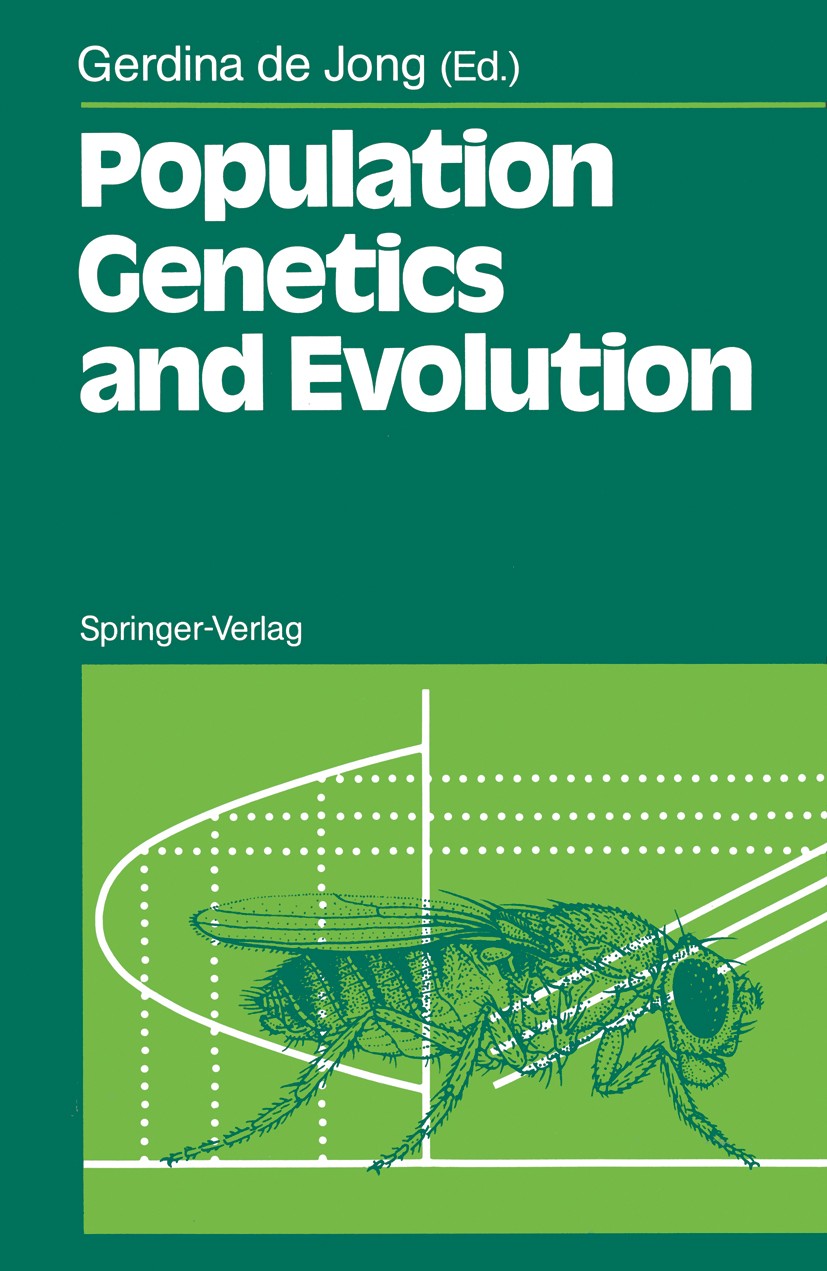| 书目名称 | Population Genetics and Evolution | | 编辑 | Gerdina Jong | | 视频video | http://file.papertrans.cn/752/751559/751559.mp4 | | 图书封面 |  | | 描述 | At least since the 1940s neo-Darwinism has prevailed as the consensus view in the study of evolution. The mechanism of evolution in this view is natural selection leading to adaptation, working on a substrate of adapta tionally random mutations. As both the study of genetic variation in natural populations, and the study of the mathematical equations of selec tion are reckoned to a field called population genetics, population genetics came to form the core in the theory of evolution. So much so, that the fact that there is more to the theory of evolution than population genetics became somewhat obscured. The genetics of the evolutionary process, or the genetics of evolutionary change, came close to being all of evolutionary biology. In the last 10 years, this dominating position of population genetics within evolutionary biology has been challenged. In evolutionary ecology, optimization theory proved more useful than population genetics for interesting predictions, especially of life history strategies. From develop mental biology, constraints in development and the role of internal regula tion were emphasized. From paleobiology, a proposal was put forward to describe the fossi | | 出版日期 | Conference proceedings 1988 | | 关键词 | Drosophila; Fitness; adaptation; biology; development; environment; enzyme; evolution; evolutionary biology; | | 版次 | 1 | | doi | https://doi.org/10.1007/978-3-642-73069-6 | | isbn_softcover | 978-3-642-73071-9 | | isbn_ebook | 978-3-642-73069-6 | | copyright | Springer-Verlag Berlin Heidelberg 1988 |
The information of publication is updating

|
|
 |Archiver|手机版|小黑屋|
派博传思国际
( 京公网安备110108008328)
GMT+8, 2025-12-16 07:05
|Archiver|手机版|小黑屋|
派博传思国际
( 京公网安备110108008328)
GMT+8, 2025-12-16 07:05


